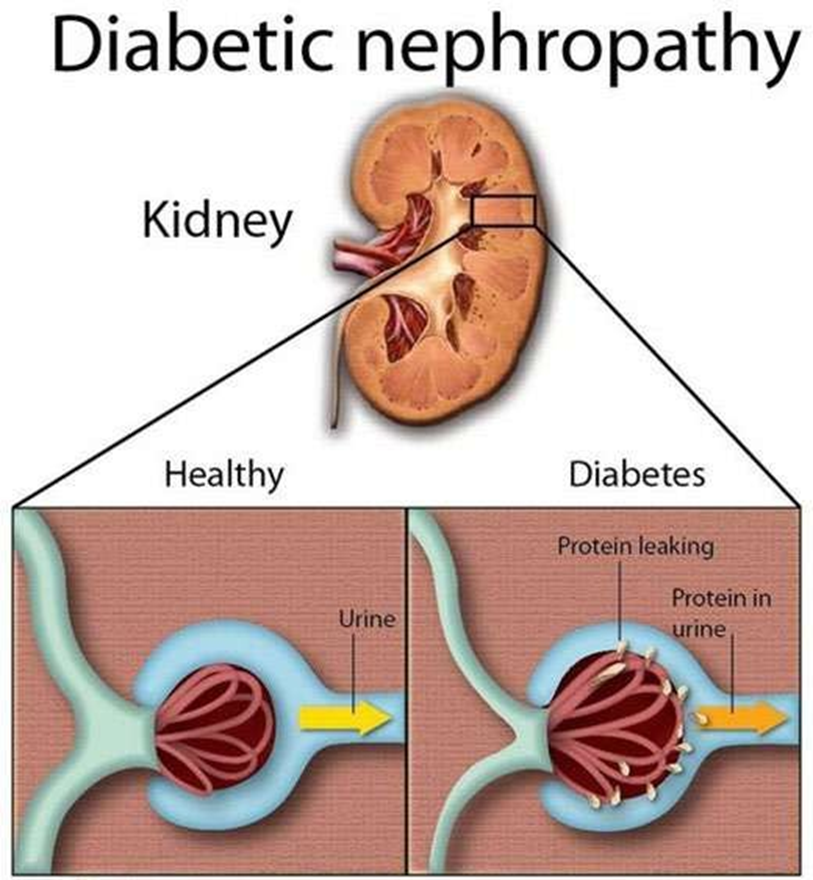A nurse is caring for a group of clients diagnosed with polycystic kidney disease (PKD). While teaching about ways to slow the progression to end-stage renal disease (ESRD), which of the following topics would be most important for the nurse to include?
Pain management
Blood glucose control
Fluid restriction
Blood pressure control
The Correct Answer is D
Choice A reason: While pain management is important for comfort, it does not directly slow the progression of PKD to ESRD.
Choice B reason: Blood glucose control is important for overall health but is not the most critical factor in slowing the progression of PKD to ESRD.
Choice C reason: Fluid restriction is not typically necessary for PKD unless there is an associated condition that requires it.
Choice D reason: Blood pressure control is crucial in PKD as hypertension can accelerate the progression to ESRD.
Nursing Test Bank
Naxlex Comprehensive Predictor Exams
Related Questions
Correct Answer is C
Explanation
Choice A reason: Decreasing the IV fluid infusion rate and limiting oral fluid intake may not be appropriate without further assessment, as the client's BUN level is elevated, which could indicate dehydration or renal impairment. The normal range for BUN is typically 7-20 mg/dL.
Choice B reason: Collecting a urine specimen for culture and sensitivity may be necessary if there is a suspicion of infection, but there is no indication of infection based solely on the provided lab values.
Choice C reason: Evaluating urine for amount and specific gravity can help assess the client's hydration status and kidney function, which is pertinent given the elevated BUN level and ongoing nausea and vomiting.
Choice D reason: Continuing routine care may not be appropriate because the BUN level is above the normal range, indicating that further assessment and intervention may be necessary.
Correct Answer is B
Explanation
Choice A reason: While fiber is important in a diet, recommending at least 45 g per day does not specifically address the needs of a patient with diabetic nephropathy.
Choice B reason: Consuming less than 0.8 g/kg of body weight of protein per day is recommended for patients with diabetic nephropathy to reduce the workload on the kidneys.

Choice C reason: Limiting cholesterol intake to 300 mg per day is a general recommendation for heart health but is not specific to diabetic nephropathy dietary management.
Choice D reason: The recommendation to consume less than 45% of total calories from carbohydrates is not specific to diabetic nephropathy, and carbohydrate needs can vary based on individual energy requirements.
Whether you are a student looking to ace your exams or a practicing nurse seeking to enhance your expertise , our nursing education contents will empower you with the confidence and competence to make a difference in the lives of patients and become a respected leader in the healthcare field.
Visit Naxlex, invest in your future and unlock endless possibilities with our unparalleled nursing education contents today
Report Wrong Answer on the Current Question
Do you disagree with the answer? If yes, what is your expected answer? Explain.
Kindly be descriptive with the issue you are facing.
